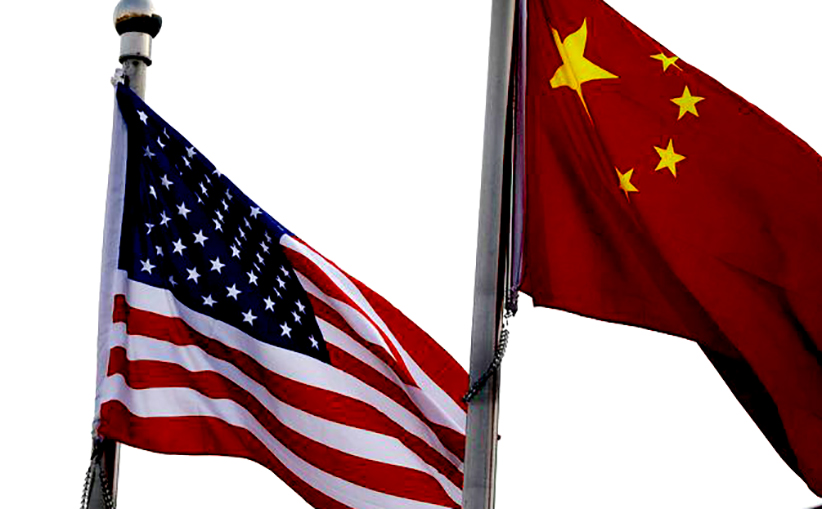HONG KONG, According to three sources familiar with the matter, the US and Chinese regulatory authorities are in talks to resolve a long-running dispute over the auditing compliance of Chinese corporations listed in the US.
If the impasse isn’t solved, Chinese businesses could be kicked out of the New York stock exchanges.
The U.S. Public Company Accounting Oversight Board (PCAOB) refuted a Reuters story that said an agency delegation had arrived in Beijing for negotiations.
This week, the U.S. Securities and Exchange Commission (SEC) added more than 80 businesses, including the e-commerce behemoth JD (NASDAQ: JD.com and China Petroleum (NYSE: SNP) & Chemical Corp, to the list of corporations facing potential expulsion.
According to the sources, after China made concessions in recent months, the negotiations between PCAOB officials and their colleagues at the China Securities Regulatory Commission (CSRC) may be regarded as “late stage.”
However, a PCAOB spokeswoman stated: “Recent rumours that PCAOB representatives are now in China or that PCAOB representatives were in China earlier this year for face-to-face discussions are false.” Since 2017, the PCAOB has not dispatched any employees to China. “
He said that the board continues to interact with Chinese officials, but “it is premature to speculate on a final arrangement.” Consequently, the PCAOB is preparing for “different situations.”
On Friday, the CSRC did not immediately comment on the progress of the conversations. It directed Reuters to official comments from both parties without specifying specific ones.
The sources requested anonymity owing to the sensitivity of the topic.
The Chinese government has always said that it doesn’t want foreign governments to audit its own accounting firms, citing national security concerns.
However, in a significant concession, Chinese officials recommended relaxing confidentiality rules for offshore listings and eliminating the need that local regulators to perform the majority of on-site inspections of overseas-listed Chinese enterprises.
Last month, sources told Reuters that the two countries had set up a basic framework for audit supervisory collaboration.
The dispute over audit monitoring of Chinese businesses listed on the New York Stock Exchange, which had been brewing for more than a decade, came to a climax in December when the SEC finalised guidelines to delist Chinese companies under the Holding Foreign Companies Accountable Act. It was said that 273 businesses were at jeopardy, although they were not named.
The PCAOB has identified 128 Chinese companies at danger of delisting as of Friday.
The issue has had a significant impact on American depositary receipts (ADRs) issued by Chinese companies, with the Nasdaq Golden Dragon China Index falling 57 percent in the last year.
In March, Goldman Sachs (NYSE:GS) estimated that institutional investors in the United States had around $200 billion worth of Chinese ADRs.
People in China have made concessions as well as more signs that an agreement is near.
According to sources, the CSRC has urged certain U.S.-listed Chinese companies, including Alibaba Group Holding Ltd (NYSE: BABA), Baidu Inc (NASDAQ: BIDU), and JD.com, to prepare for additional audit disclosures. Fang Xinghai, deputy chairman of the CSRC, said late last month that he anticipated a settlement in the near future.

